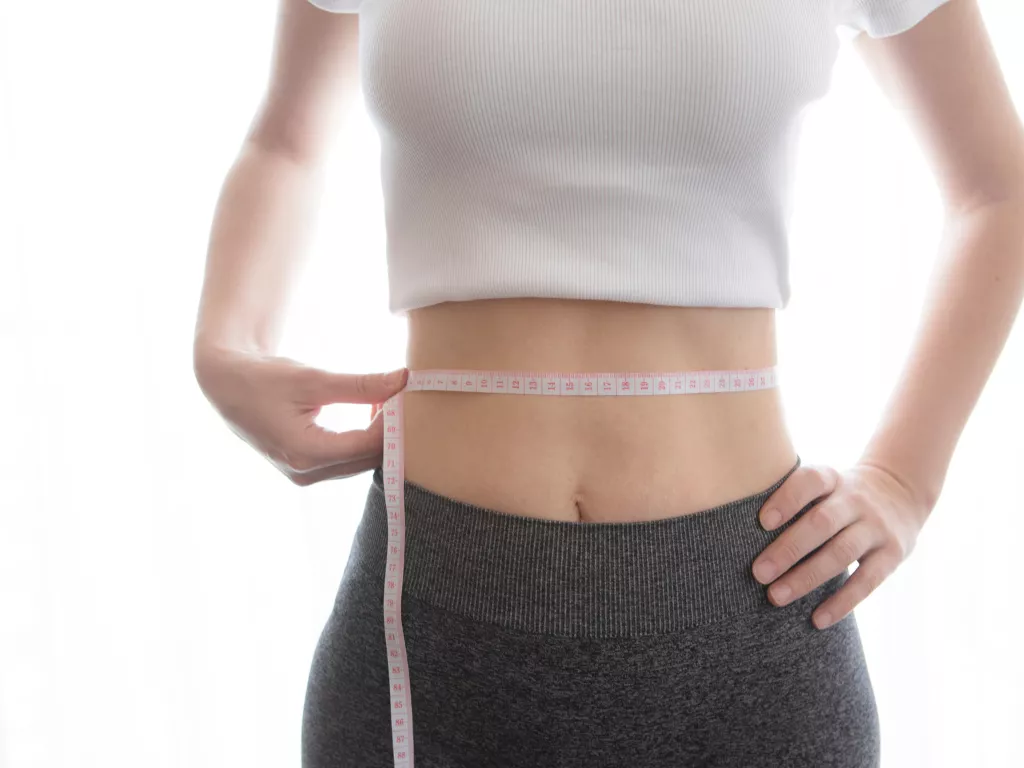Body sculpting is not all about hitting the gym; it’s a delicate balance between proper nutrition and targeted exercise that renews your body composition. Knowing how diet plays an integral role in sculpting your dream physique may be the difference between results and frustrating plateaus.
The Foundation: Understanding Body Composition
Before specific strategies, one needs to understand that body sculpting weighs in on two variables: lean muscle gain and reduction of body fat. Your diet, therefore, not only aids in lean muscle gain but is also very critical for fat loss and can, therefore, be considered the most important rather than mere workouts.
Protein: The Cornerstone of Body Sculpting
Protein stands as the cornerstone of any body sculpting diet. As the building block of muscle tissue, adequate protein intake ensures muscle preservation during fat loss and supports muscle growth when training. Aim for 1.6-2.2 grams of protein per kilogram of body weight daily, spread across multiple meals. High-quality sources include:
- Lean meats like chicken breast and turkey
- Fish, especially fatty varieties rich in omega-3s
- Eggs and egg whites
- Plant-based options like legumes and quinoa
Carbohydrates: Timing Is Everything
Though often maligned, carbohydrates are crucial to body sculpting. They provide the energy for your workout and aid in muscle recovery. The trick is in timing:
- Pre-workout carbs provide energy for high-intensity sessions
- Post-workout carbs are utilized for restoring glycogen levels and aiding in recovery
Consume complex carbohydrates such as sweet potatoes, brown rice, and oats, which give off a slow release of energy without blood sugar spikes.
Role of Healthy Fats
Healthy fats support hormone production of testosterone and growth hormone—essential factors in muscle-building and fat loss. Foods to include are:
- Avocados
- Nuts and seeds
- Olive oil
- Fatty fish
However, monitor portions carefully as fats are calorie-dense.
Caloric Balance: The Master Key
Body sculpting requires attention to be paid to caloric intake. For building lean muscle with a minimum of fat, intake should be at a surplus of 10-20% over maintenance calories, while for fat loss phases, a moderate deficit of 20-25% below maintenance is best.
Meal Timing and Frequency
While total daily intake is what matters most, there is some room for strategic meal timing to help optimize results. Consider:
- Eating every 3-4 hours to maintain stable blood sugar and provide consistent protein
- Having a pre-workout meal 2-3 hours before training
- Consuming protein and carbs within 30 minutes post-workout
Hydration: The Overlooked Element
Proper hydration supports muscle function, recovery, and fat metabolism. At least 3-4 liters of water are needed daily; this should be increased during periods of high-intensity training. Consider electrolyte supplementation with long workouts.
Supplementation Basics
While whole foods should be the staple of your diet, there are a few supplements that can help augment your body sculpting:
- Whey protein: Convenient way to increase your protein intake
- Creatine monohydrate: Enhances your strength and lean muscle mass
- BCAAs: Helps prevent muscle breakdown while fasting or training extra hard
Consistency is Key
Results come from consistent adherence to your nutrition plan. Instead of quick fixes or crash diets, focus on eating habits that are sustainable long-term. This may include:
- Preparing meals in advance
- Having healthy snacks available
- Planning for social events and travel
- Allowing for occasional treats within your overall caloric goals
Common Pitfalls to Avoid
Too many individuals sabotage their body sculpting efforts through some common mistakes:
- Too much restriction causes binges
- Not eating enough protein
- Overlooking the importance of rest and recovery
- Failing to adjust calories based on progress
- Choosing processed foods over whole food sources
Monitoring Progress
Track your progress through multiple metrics:
- Body measurements
- Progress photos
- Strength gains
- Energy levels
- Sleep quality
- Body composition scans when available
Adjusting Your Approach
Be prepared to make adjustments based on your results. If you’re not seeing desired changes after 2-3 weeks, consider:
- Adjusting caloric intake
- Modifying macronutrient ratios
- Reviewing meal timing
- Assessing sleep and stress levels
The Mental Game
Body sculpting is all about patience and dedication. Instead of looking for quick results, focus on building sustainable habits. Celebrate the small victories, and remember that transformation takes time.
Keep in mind that body sculpting is a very individual thing; what works for one person may not work for another. Pay attention to how your body responds to different nutritional approaches, and be willing to make changes as needed. With consistent effort and attention to both training and nutrition, you can achieve the physique you want while maintaining good health and performance.
Rather than viewing diet as a temporary measure, think of it as a lifestyle that supports your body sculpting goals. This mindset shift can help you maintain results long-term while enjoying the journey to your ideal physique.


